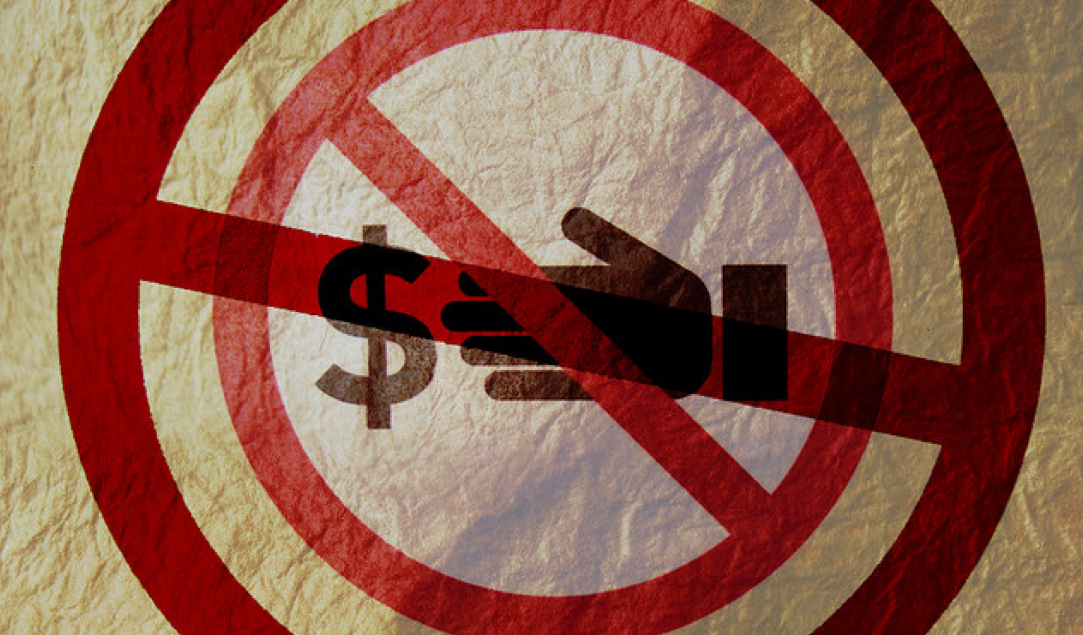“We just don’t have the legal tools” said Professor Yusif Qasim of the law faculty at the University of Cairo last week. He was speaking to a reporter about the possibility of recovering funds that may have been stolen from the Egyptian treasury and tucked away in a foreign bank account. “It could be a possibility that the issue of the plunder of the country’s wealth can be part of the proposed changes to the criminal law now being discussed.”
Meanwhile, in Switzerland, a law was coming into effect (as of 1 February) which would make it much easier for Egyptian democrats to claw back any funds Mubarak or his officials squirreled away in Swiss banks. The new law, dubbed “Lex Duvalier” after Haiti’s deposed dictator, “allows the Swiss government to return money to their legitimate owners in cases of proven embezzlement,” Valentin Zellweger, head of the department for international law at the Swiss government, told IPS. Egyptian authorities have already launched investigations into allegations of corruption by Mubarak and his family, and several former ministers are presently under a travel ban. At stake: a reported US 3.8 billion in Egyptian government accounts and trusts in Swiss banks, including at least a third of that held in so-called custodial accounts, the typical bank instrument used to conceal wealth obtained through embezzlement of public funds.
Similar cases are underway against other present and former leaders:
The assets of former Tunisia dictator Zine Al-Abedine Ben Ali, who fell from power in January, are being investigated in at least four jurisdictions (Tunisia, France, Belgium, US).
Jean Claude “Baby Doc” Duvalier returned to Haiti in January only to face questions from prosecutors and a law suit from victims in connection with abuses which took place under his rule in the 1970s and 1980s.
Cote d’Ivoire’s Laurent Bagbo faces attempts by regulators and neighbouring countries to go after his bank accounts and business allies to restrict his access to funds they had squirreled away.
Indian police arrested arrested Andimuthu Raja, a former telecoms minister, in January in connection with “a massive corruption scandal”
Guatemala’s former President Alphonso Portillo went on trial in January on charges of embezzlement.
The case continues in France against three African present and former heads of state . Teodoro Obiang, president of Equatorial Guinea, Denis Sassou Nguesso, dictator of Congo Brazzaville, and the heirs of the late Omar Bongo, who ruled Gabon for more than 40 years, are all named in a law suite filed in France in an attempt to claim back assets collected during their time in power.
These kinds of legal actions were a long time coming: many of the principles in the asset recovery field were set through the decades long efforts to recover assets from Jewish victims of the Holocaust. The recent moves towards lowering the threshold to asset recovery are the result of years of work on the issue legal practitioners, jurists and policy makers world wide. For those interested in the field here’s a few places to start:
For an updated state-of-the-art guide have a look at Towards a Global Architecture for Asset Recovery from the World Bank and UNODC.
For a solid perspective on the Holocaust cases, see Anita Ramasastry, “Secrets and Lies? Swiss Banks and International Human Rights”, 31 Vand. J. Transnat’l L. 325-456 (1998).
For even more reading, there is a large bibliography and other resources here.
Image adapted from: Lance Page / t r u t h o u t; Adapted: Neubie, Melissa Maples
